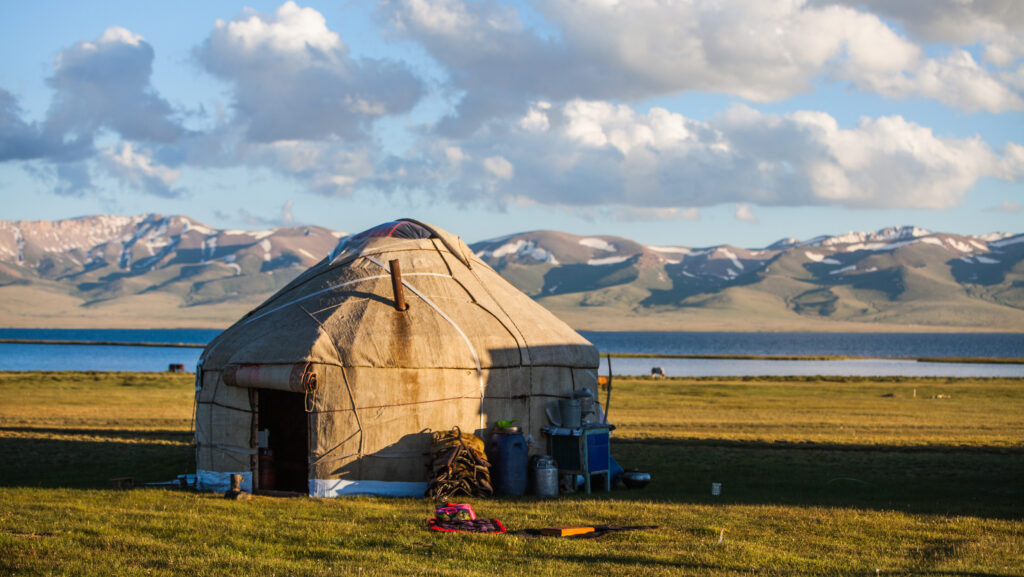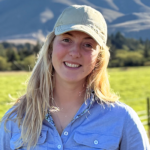Kate Tomlinson: Yurt meal shows real meaning of field to fork
 © Adobe Stock
© Adobe Stock I often think about the privilege of witnessing a calf being born, slick and steaming in the field, seeing her grow and eventually head to the abattoir before the meat returns to our table.
Yet everything I thought I knew was challenged when I travelled to Kyrgyzstan, a small Central Asian country with a population smaller than London’s.
See also: Kate Tomlinson – why surfing is great for mental health
Its roots are in pastoral nomadism, herding livestock on horseback from the lowlands in winter to mountain grazing in summer.
For Northerners, it’s like Weardale on steroids!
In June, while in the Song Kul region, I stopped for the night at a family’s yurt camp.
Just out of view, I noticed the family were clustered in a circle, slaughtering and butchering a ewe. I watched intently.
Later, bowls of steaming soup were brought into the yurt. Potatoes, carrots and chunks of lamb bobbed in a juicy, clear broth.
As I ate, I realised this was the closest I had been to seeing a live animal become the food on my plate.
How had I managed to miss this crucial stage in the field-to-fork process?
Where there is life, there is death – of course, I understand that.
I’ve been carcass-judging with Young Farmers, have friends who hunt deer and have eaten fish I’ve caught.
But it has taken travelling to a country some people may never even have heard of, for me to understand what field to fork truly means.
The day before, I sampled two local delicacies – sheep’s brain and eye. Unsurprisingly, this had somewhat put me off lamb.
But I ate every mouthful of that yurt dinner with a new sense of appreciation for my food and for understanding the steps it takes to bring that food to the table.
If I am a farmer’s daughter who is only now filling in the blanks, how disassociated are most of the public?
Is it any wonder so much food is wasted, and perceptions of agriculture vary to such extremes, when we live in a society so disconnected from what it takes to put food on our table?

